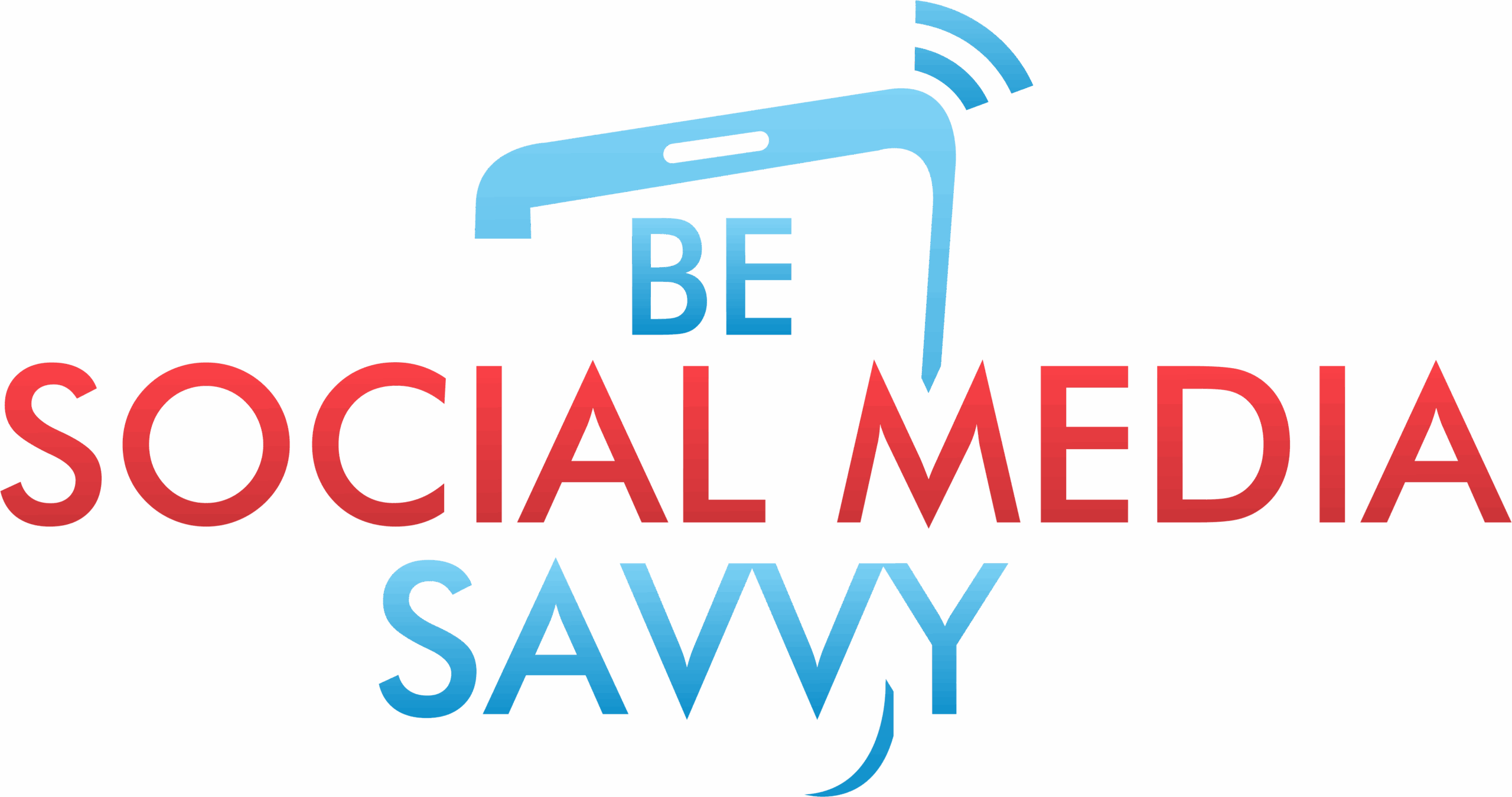In the contemporary digital landscape, the rise of automated accounts on social media platforms has generated a plethora of opinions. Are these accounts a boon to connectivity and engagement, or do they signify a deleterious trend that could undermine the authenticity of online interactions? As society increasingly relies on digital forms of communication, it is essential to analyze the multifaceted implications of automated social media accounts, often referred to as bots.
To begin with, let us contemplate the sheer scale and reach of social media. Platforms such as Twitter, Facebook, and Instagram have evolved into indispensable tools for communication, information dissemination, and even social activism. They enable individuals to connect across vast geographical divides, fostering a sense of global community. Yet, within this expansive network emerges the phenomenon of automated accounts, which can manipulate engagement metrics and distort public perception.
One of the primary advantages attributed to automated accounts is their capacity to facilitate engagement. Bots can produce content at an unprecedented rate, sharing news, views, and advertisements instantaneously. For instance, they can disseminate information during crises, alerting the public to significant events as they unfold. In situations where timeliness is critical, such as natural disasters or political upheaval, these accounts serve as a valuable resource. They can maintain a constant presence, broadcasting updates and ensuring that vital messages reach the intended audience without delay.
However, the very speed and efficiency of automated accounts raise a crucial concern: how can we ascertain the authenticity of the information shared? The proliferation of bots complicates the ability to distinguish between genuine human engagement and artificial interactions. With the rise of misinformation, the integrity of social media discourse is at stake. The potential for bots to manipulate trends and sway public opinion cannot be overlooked. A playful inquiry arises: are we unwitting participants in a digital masquerade, where the lines between reality and artifice become increasingly blurred?
Furthermore, bots can skew engagement metrics, leading to misguided interpretations of popularity and influence. A post may appear to resonate with thousands of users, yet a significant portion of those engagements may be orchestrated by automated accounts. This can have dire ramifications for content creators and brands attempting to navigate the social media landscape. The allure of viral success can diminish when the metrics are tainted by inauthentic interaction, ultimately leading to lost trust among audiences.
At the crux of this challenge lies the debate over transparency. To harness the benefits of automated accounts while mitigating their drawbacks, platforms must prioritize transparency in automated interactions. Disclosing the presence of bots and providing users with tools to identify them could empower audiences, allowing them to engage more critically with the content they encounter. Shouldn’t we, as digital denizens, possess the right to know when a human voice is drowned out by machine-generated rhetoric?
Moreover, the ethical implications of automated accounts cannot be overlooked. While automation can enhance efficiency, it raises pertinent questions about the authenticity of social interactions. As social media is increasingly integrated into our daily lives, it is imperative to balance the efficiency of bots against the intrinsic value of genuine human connection. The rise of automated accounts may provide convenience, but at what cost to our societal fabric?
In addition to ethical dilemmas, automated accounts also pose a challenge to individual privacy. Many social media platforms employ algorithms that utilize user data to tailor content, but automated accounts can exploit this information in ways that could be detrimental. Invasive practices such as data mining and the targeting of specific demographics through bots can lead to significant breaches of privacy. Users may unwittingly contribute to their own surveillance in a landscape increasingly dominated by automated systems.
Yet, amidst these challenges, the dialogue surrounding automated accounts also invites innovative solutions. For instance, platforms could utilize machine learning to enhance their detection mechanisms for identifying and regulating bots. By fostering collaboration between technology companies and policymakers, it is plausible to establish a more ethical framework that governs the deployment of automated accounts. The question remains: can we effectively devise systems that harness the advantages of automation while curtailing its propensity for misuse?
As we consider the future implications of automated accounts, the need for a concerted effort among users, platform developers, and regulators becomes apparent. Education plays a pivotal role in equipping users with the critical thinking skills necessary to navigate the complexities of social media. By fostering awareness and encouraging skepticism towards content, audiences can become more discerning consumers of information. Could we, therefore, cultivate a more informed public that embraces the benefits of technology without succumbing to its pitfalls?
In conclusion, the rise of automated accounts on social media represents a double-edged sword. On one side, they offer unprecedented efficiency and connectivity, but on the other, they introduce challenges related to authenticity, privacy, and ethical considerations. As users of these platforms, an obligation exists to engage thoughtfully with the content we consume and share. The digital landscape is a reflection of our collective values and priorities. Shall we allow automation to overshadow genuine connection, or can we strike a balance that enriches our social interactions? The future is unwritten, and thus, it beckons a critical evaluation of our roles within this continuously evolving digital narrative.
